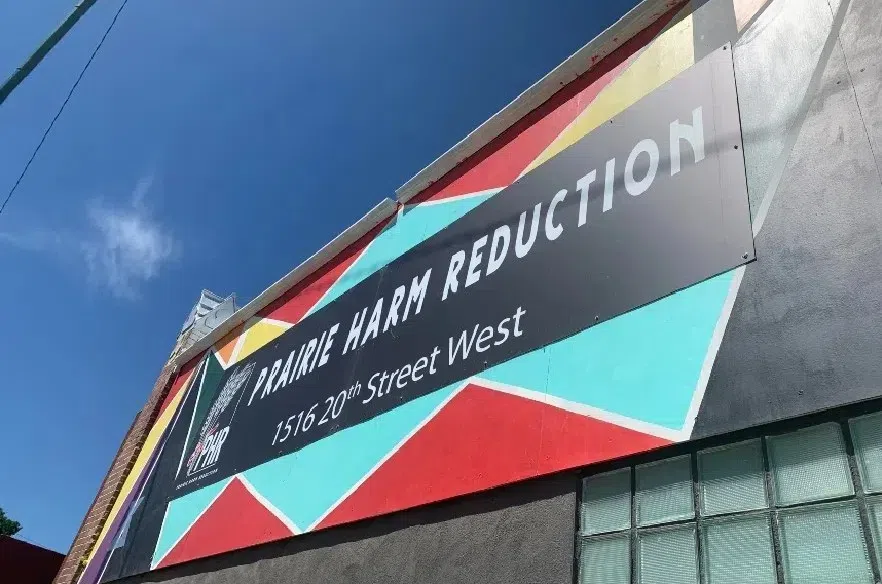Frontline workers who help people dealing with addiction are hesitant about whether the provincial government’s involuntary addiction treatment plan will actually make a difference.
This follows the Throne Speech on Wednesday, which marks a new legislative session. During the speech, the provincial government highlighted its agenda for the year ahead and bills that will be introduced.
Read more:
- ‘This is not a warning’: 47 overdoses within three days, says NDP
- ‘Chaotic’: Prairie Harm Reduction staff dealing with multiple overdoses daily
- After Throne Speech, Moe breaks down plans for new legislation on Evan Bray Show
A significant agenda topic discussed was the Compassionate Intervention Act, which is an involuntary treatment program for drug-addicted individuals.
Executive Director of Prairie Harm Reduction (PHR), Kayla DeMong, said she has several questions surrounding the process of an involuntary addiction treatment.
“How are these individuals identified? How are they assessed? Where are they going? What supports are the facilities being given for people in forced treatment?” she said.
“We talk about forced treatment, that implies just further incarceration of people who use substances, because there are no parameters around what it looks like.”
DeMong claims the province doesn’t even have the space for people who are actively seeking treatment.
“The (implementation) of forced treatment at this point isn’t addressing the huge gap,” she said.
DeMong pointed to the province’s promise of 500 new addiction treatment spaces under its Action Plan for Mental Health and Addictions, claiming there are only 300 spaces currently available. According to the latest figures from government, of those 500 announced, 281 are now operational. That’s on top of the 500 spaces that already existed.
DeMong stressed the need for investment in detox treatment, highlighting its importance because individuals in detox must be closely monitored and health professionals must be available.
She also wants to see more investment in detox counselling, outpatient treatment and inpatient treatment.
During the throne speech, the Saskatchewan Party government also touched on the crackdown on the drug trade in the province, with plans to introduce the Response to Illicit Drugs (RID) Act, which targets those profiting from the drug trade.
DeMong said when it comes to drug trafficking and the crime that goes along with it, she said it should be in the hands of the police.
“We’re dealing with an incredibly toxic drug supply (and) I would love to know where it’s coming from,” she said, noting that PHR works closely with the Saskatoon Police Service.
“I hope they figure out where this is coming from, because we have people dying.”
However, DeMong warned against promoting the stigma that people who use substances are criminals who need to be punished.
Editor’s note: This story has been changed to better reflect the current figures on treatment beds.











